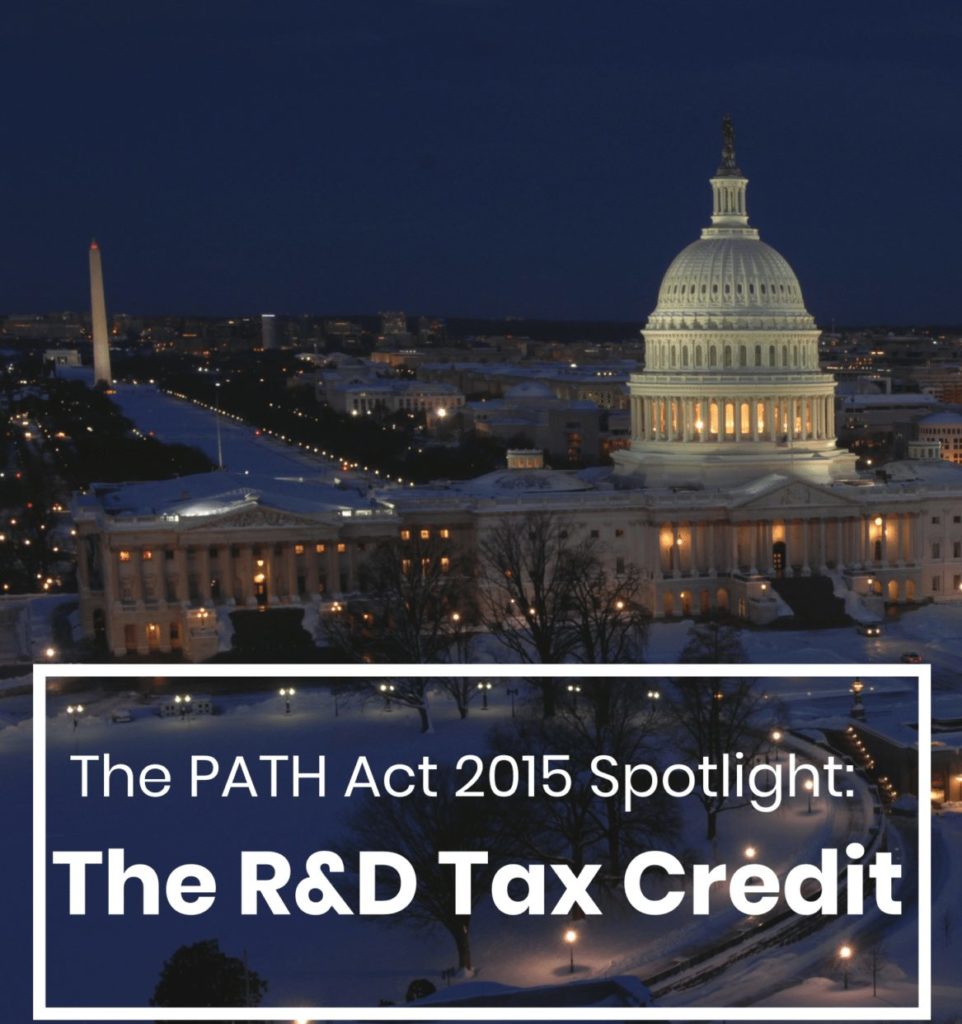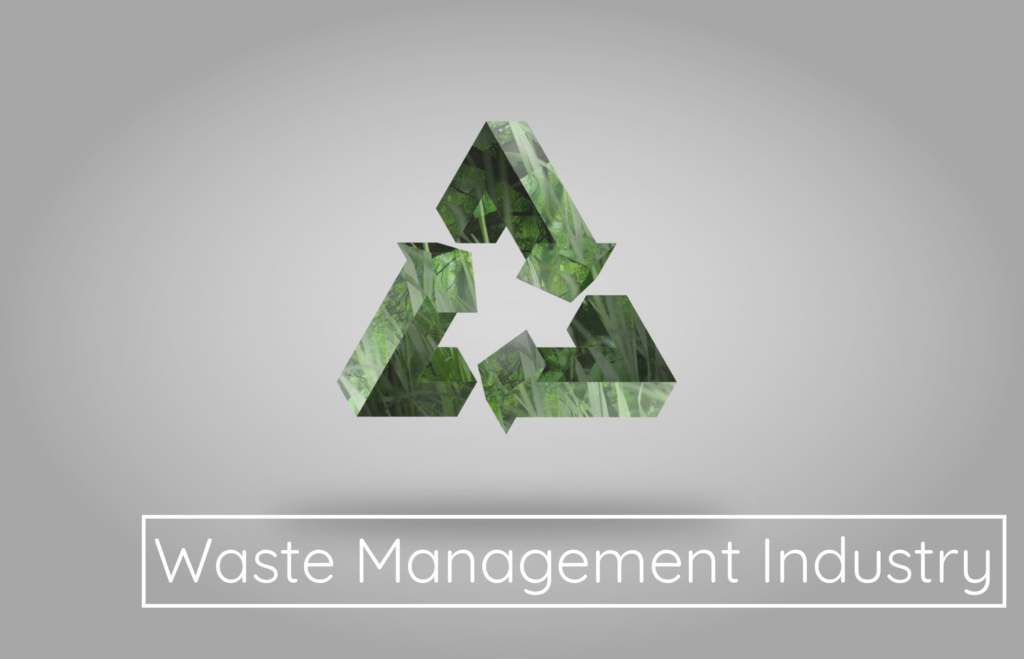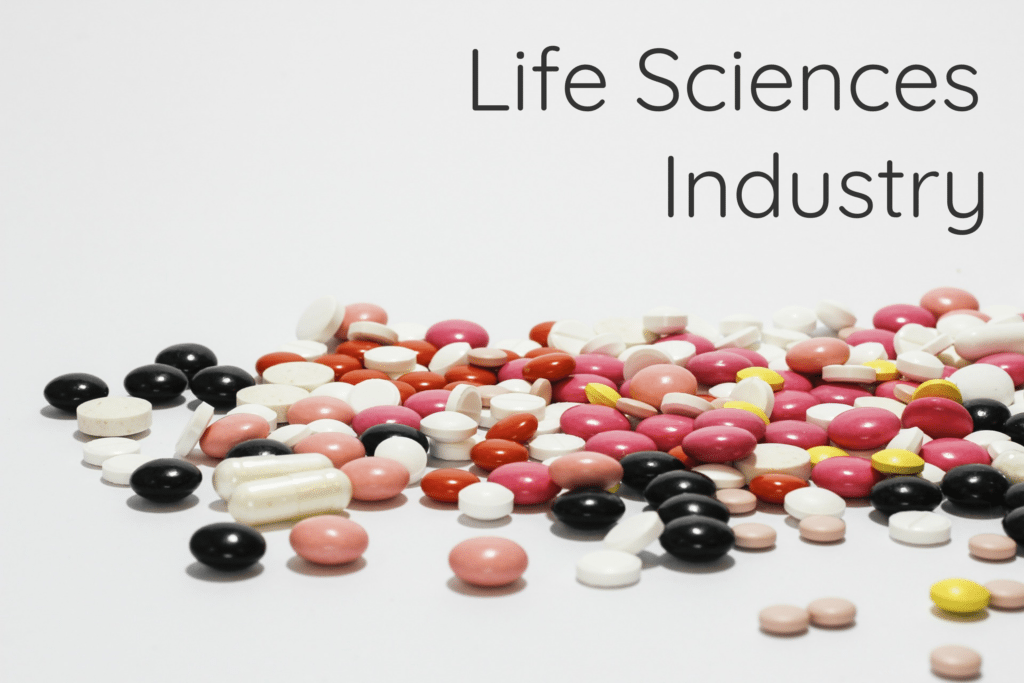
Companies within the foundry industry aren’t aware that most of their daily activities can be claimed under the Research and Development (R&D) Tax Credit. This strategic financial planning tool will allow foundries to reinvest the credit obtained into new R&D efforts. Any type of investments made in wages, supplies and…








